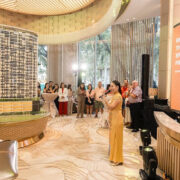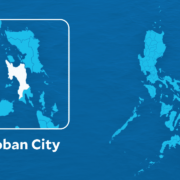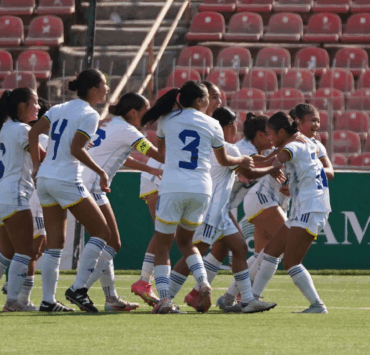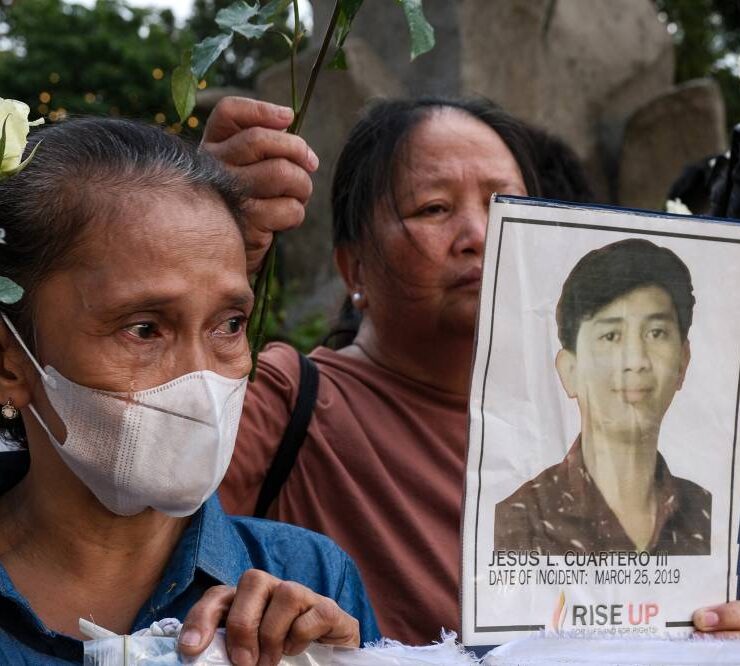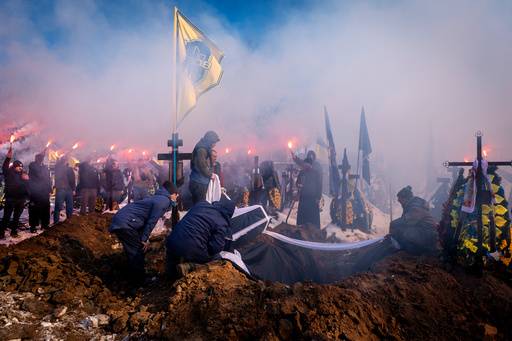Market on the brink: Can Baguio folk save a vibrant legacy?
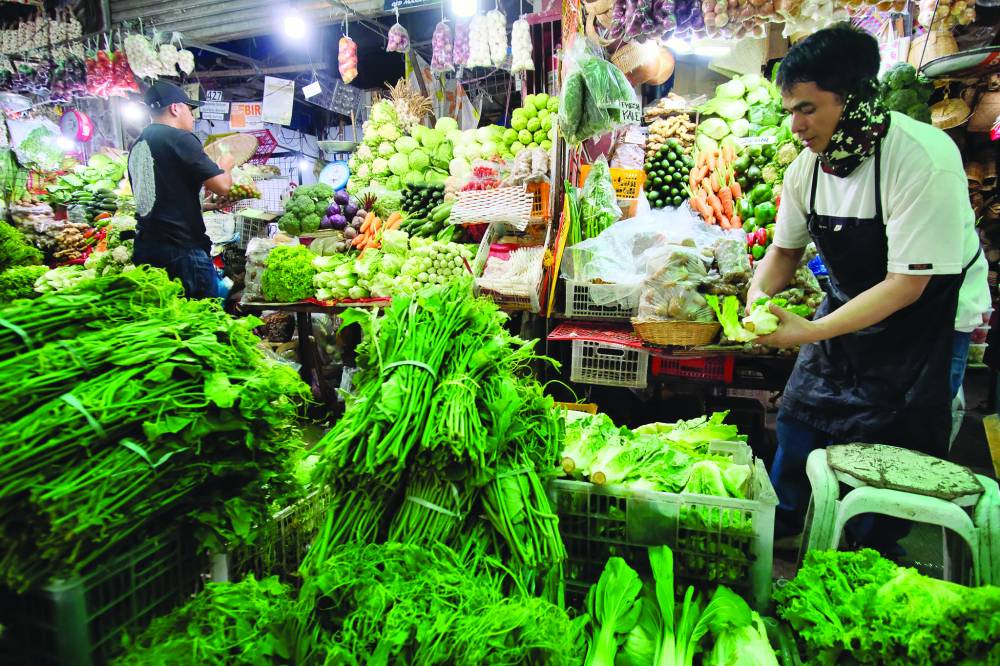
I want to tell you about my city’s public market. It is a porous, wondrous, seemingly chaotic place that feeds upon thousands in order to feed thousands. It is a place of daily give and take, labor, trade and mutual aid, and all the struggles and triumphs of entrepreneurship. It is a place where my being a citizen among fellow citizens is most palpable to me. When I make eye contact with market vendors I’ve known for years and strangers I walk past in the public market, I feel a charge of recognition: we are all doing what we can to get by, you and I.
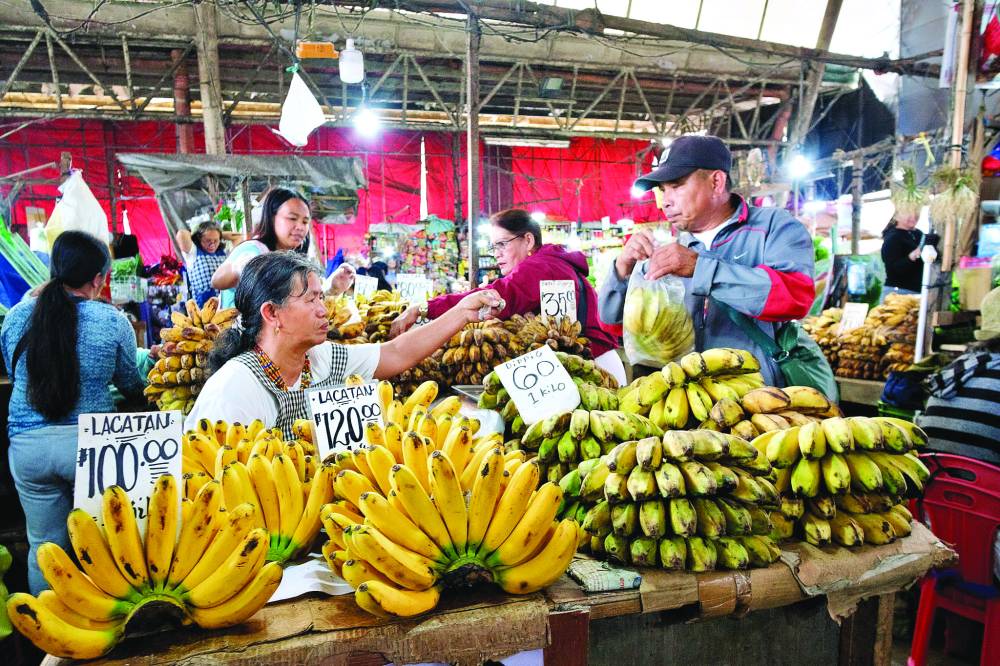
Sights and sounds
Imagine the noise: market vendors calling out their wares, promising good prices and the sweetest mangoes, announcing that the meat on display was freshly slaughtered this morning, drawing your attention to edible flowers or a very special fish that appears only at this time of year. The shout of a komboy clearing the way as he barrels through the crowd with his cart loaded with kilos of potatoes and cabbage. Igorot country music blasting from speakers somewhere. A shriek of laughter. A Zumba class. A radio announcer from yet another set of speakers. Everywhere, the hum of human activity drowns out the drone of vehicular traffic.
Imagine the mingling of scents and odors. Diesel fumes. Rancid oil. The comfort of rosal in a dark alley. Meat and fish and blood and water in the wet section. Pandan and freshly grated coconuts. Pesticide-infused flowers on that side. Fragrant rice down this way. Roasted coffee beans up that way. There is a public toilet somewhere in all this.
Imagine the colors and textures: bright red ripe tomatoes, orange camote, yellow mangoes, rows and rows of leafy greens, blue plastic bags, indigo blankets, violet-red onions, brown rice, black rice, red rice, white rice, silvery fish, pinkish meats.
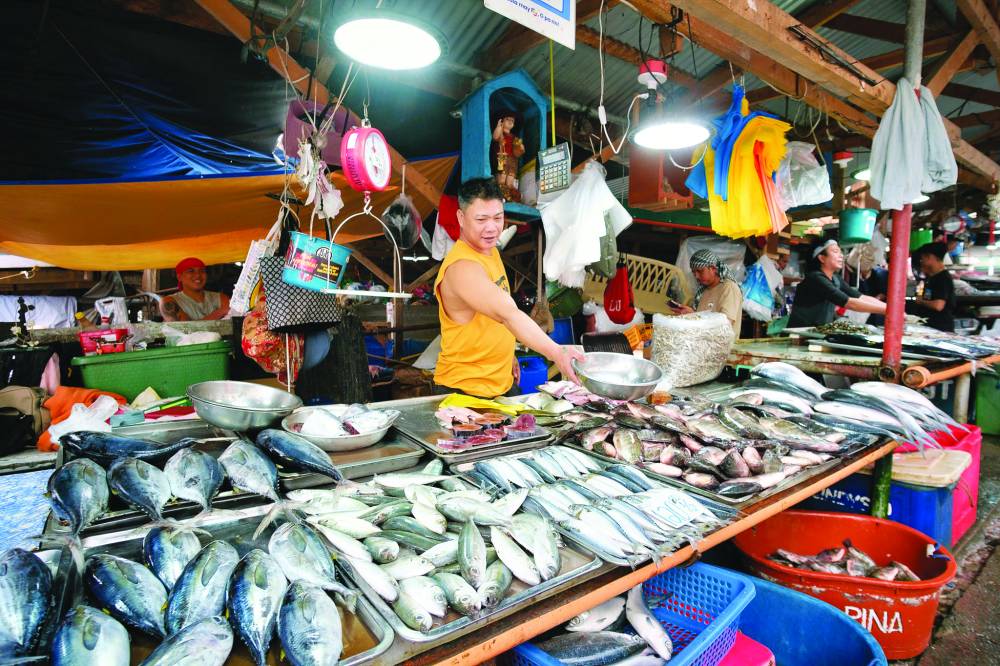
Market stalls and mutual aid
Imagine the flavors: the fruit you’re invited to sample because once you’ve tasted this rambutan or that strawberry, there’s no walking away without buying at least half a kilo, artisanal salt baked in the heat of the lowlands, delicious crackle of sin that is bagnet chicharon, sweetness of fresh green pinipig, heat of amkis, umami of kiniing, singularity of pinikpikan.
Imagine the hands, the hardworking hands of everyone who labors in the market. These hands are also helping hands. People who grew up in the market tell stories of sharing food, debts given and debts waived, neighboring vendors pitching in for each other when hard times hit. They say children who grow up in Baguio City Public Market do not go hungry, not even when their family’s business hits a slump. Their neighbors help them out.
Imagine market stalls of every conceivable shape and size lining the paths of an open air maze of affordable fruits, vegetables, meat, fish, sausages, coffee, rice, dried beans, aromatics, spices, rice cakes and other local sweets and snacks, baked goods, carinderias, groceries, handwoven blankets, baskets, secondhand clothing, hardware, flowers, eggs, tofu, lottery tickets, newspapers, souvenirs, tobacco, herbal remedies, protection spells, areca nuts and betel leaves.
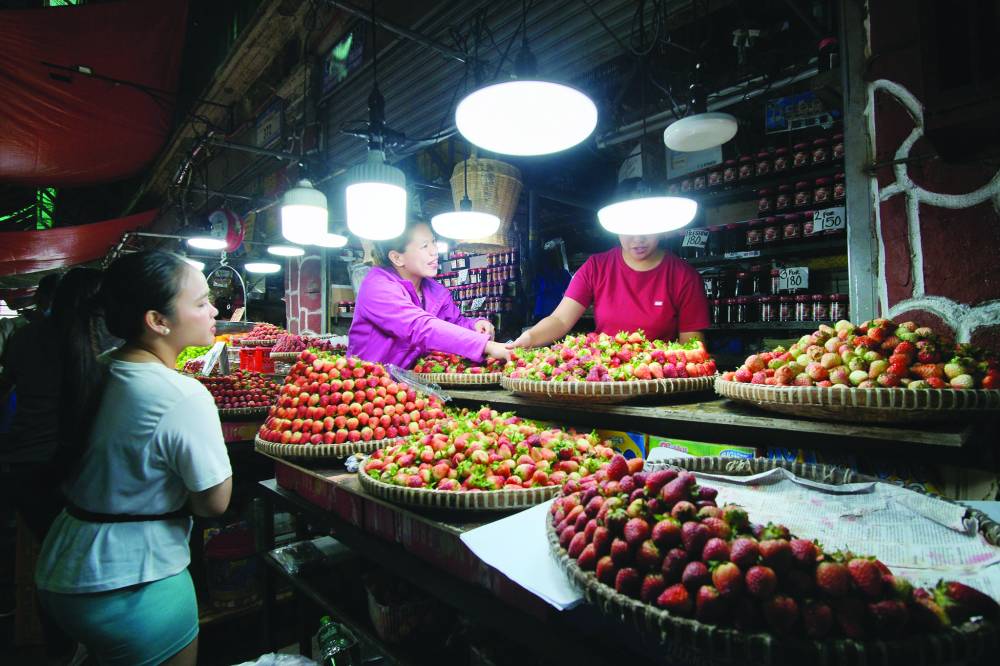
A different view: modernization
Now imagine all this, demolished. Imagine this, years later, replaced by a four-story concrete building with an elevator, brash white lights, grids of uniform and evenly distributed stalls, marked entrances and exits. Beside it, an eight-story building for paid parking. Behind it, a brand new commercial building.
Some people look at Baguio City Public Market and see only chaos, filth, decay and wasted space. They call the market “dugyot.” Disgusting. Other people look at Baguio City Public Market and see potential for accumulating profits and growing revenues. Some of these entities aren’t people in the sense of, say, market vendors, political leaders or ordinary Baguio residents. They’re corporations.
Imagining otherwise
Our city officials imagine a rich corporation transforming the market through infrastructure. They imagine that through a public-private partnership (PPP), the corporation will invest large sums of money in this modernizing project. They imagine that this will result in a new, world-class market, which the local government will manage for the people. In turn, the corporation will manage the new commercial and parking buildings and reap the profits of these for the duration of a lease drawn up in the PPP. They imagine this to be a win-win situation. They want us to imagine the same thing.
The market vendors and concerned Baguio citizens imagine otherwise. Imagine the hardworking and helping hands of Baguio City Public Market coming together to ask the City Council to listen to the people, to see the beauty and potential that exists in Baguio City Public Market as it stands today. Imagine the people who love Baguio City Public Market organizing and appealing to the City Council to prevent the corporate-sponsored erasure of the people, noises, smells, colors, textures, tastes, histories and human relationships that make Baguio City Public Market special to us. The City Council has until Jan. 10, 2026, to decide. Imagine the City Council makes history by standing by the people and rejecting the PPP proposal.
Or imagine the corporation’s plans pushing through. Perhaps our mayor is right, and all the bustle and hum and liveliness will return once construction is done. But it won’t be the same. It will no longer be the marketplace that began 117 years ago, a year before Baguio became a chartered city. A market that has grown and evolved through the efforts and support of local and Indigenous communities and migrants from the lowlands, the Visayas and Mindanao. It will be something new and entirely different. People will move differently after this transformation. Even traffic will move differently throughout the city. The very nature and design of the planned redevelopment is antithetical to fluidity, porousness and spontaneity. It is a narrowing down of profusion, a thinning of options that lead to thriving, a stifling of vibrancy. They say it will be better. They call it future-proof, modern and world-class. But our needs are simple. Instead of concrete, steel and glass, we want a marketplace that is organized, accessible and clean. A Baguio City Public Market for and by the people.





